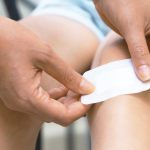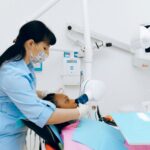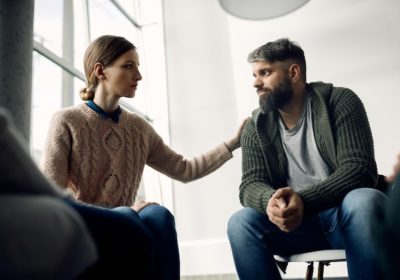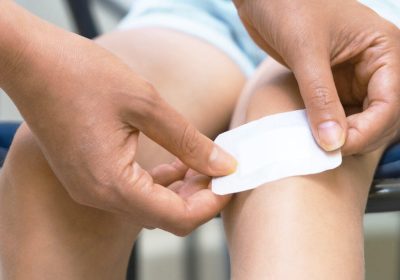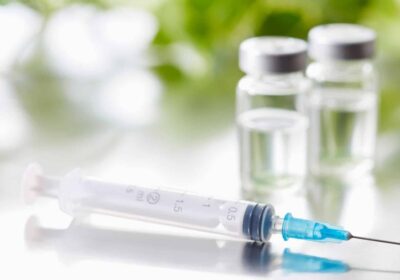
Coping with ED After Prostate Cancer Treatment
Undergoing prostate cancer treatment can significantly alter a man’s physical and psychological well-being. Among the most common side effects is erectile dysfunction, which can persist long after the completion of treatment. The impact is not only physiological but also mental, often affecting confidence, relationships, and overall quality of life.
While erectile dysfunction treatment in Singapore is accessible, the psychological component remains less openly discussed, yet it requires equal attention.
Understanding the Link Between Treatment and Psychological Health
Prostate cancer treatment, including surgery, radiation, and hormone therapy, often affects nerves and blood flow critical to sexual function. Due to this, many men experience varying degrees of erectile dysfunction. Beyond the physical limitations, this loss can lead to anxiety, frustration, embarrassment, and in some cases, depression. The change can be destabilising for men who strongly associate sexual performance with identity or self-worth. This psychological impact often compounds the stress of having had cancer and navigating its aftereffects.
Common Emotional Responses
Men affected by erectile dysfunction post-treatment commonly report a sense of loss and lowered self-esteem. The sudden change in sexual function may also trigger avoidance of intimacy or strained communication with partners. Some may feel shame, making them reluctant to seek erectile dysfunction treatment, despite medical options being available. Others internalise the issue, leading to social withdrawal or emotional suppression. Without appropriate psychological support, these reactions can evolve into chronic mental health issues.
Impact on Relationships and Intimacy
The ripple effect of erectile dysfunction extends beyond the patient. Intimate partners may also struggle with confusion, feelings of rejection, or guilt. Some couples avoid discussing the issue altogether, which further drives emotional distance. Lack of physical intimacy can disrupt relationship dynamics and lead to misunderstandings or tension. Open communication and shared understanding are essential but often challenging without guidance. Counselling services available alongside prostate cancer treatment can play a critical role in helping couples adjust.
Psychological Support Options in Singapore
Mental health support should be integrated as part of post-prostate cancer care. Hospitals and urology clinics in the city-state are increasingly including psychological services, such as sex therapy and individual or couples counselling, as part of a multidisciplinary recovery plan. These services are designed to address emotional coping strategies, manage expectations, and rebuild confidence. Referrals may be provided through oncology or urology departments, or accessed privately through specialists experienced in sexual health and oncology recovery.
Practical Steps for Coping
Men affected by erectile dysfunction after prostate cancer treatment should first be informed that the condition is a recognised and common side effect. Acknowledging the issue is the initial step to regaining control. Setting realistic expectations about recovery timelines is critical. Psychological interventions such as cognitive behavioural therapy (CBT) may help challenge negative self-perceptions and improve mood. Participation in support groups, whether in-person or virtual, can also reduce feelings of isolation and offer practical coping strategies from peers facing similar challenges.
Seeking Integrated Treatment
A holistic approach is essential when managing both the physical and psychological consequences of prostate cancer treatment. Men should be encouraged to pursue erectile dysfunction treatment not as an isolated issue, but as part of a broader health recovery plan. Treatment options such as medication, devices, or surgical interventions should be considered in conjunction with psychological support. Coordinated care between urologists, oncologists, and mental health professionals ensures that both physical function and mental health are adequately addressed.
Conclusion
The psychological impact of erectile dysfunction following prostate cancer treatment is a serious and largely underestimated concern. It can undermine recovery and quality of life without intervention. While medical solutions are readily available in the city-state, psychological care must become a routine part of survivorship planning. Men and their partners benefit most when emotional support is prioritised alongside physical treatment. Addressing these components simultaneously is critical for regaining a sense of normalcy and well-being.
Visit the National University Hospital (NUH) to discover professional erectile dysfunction treatment incorporating both medical and psychological care.


